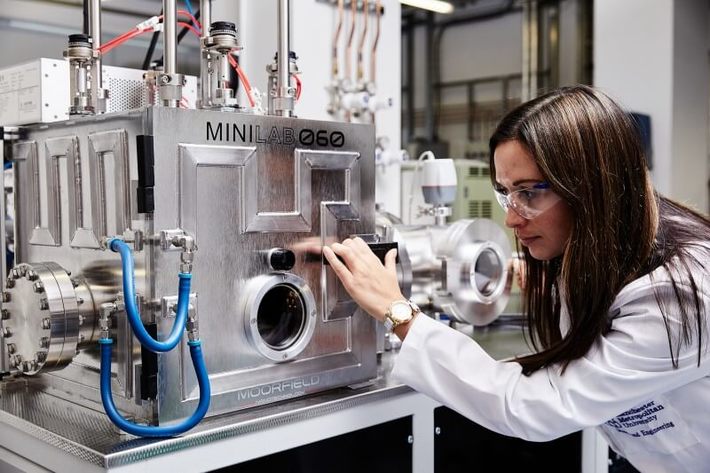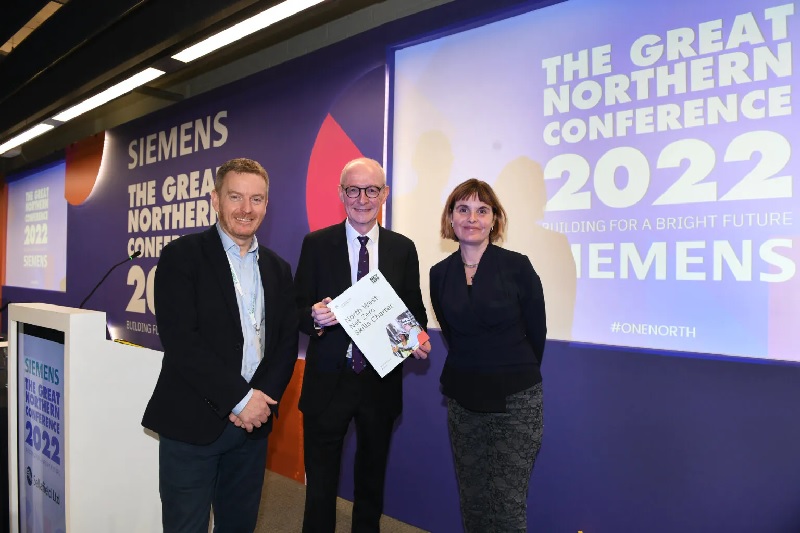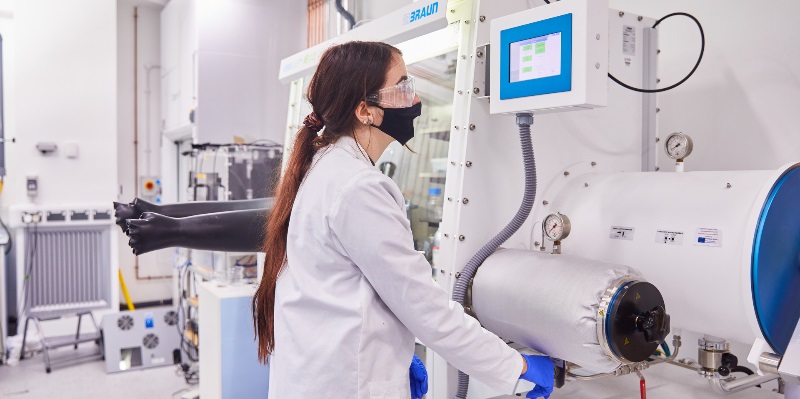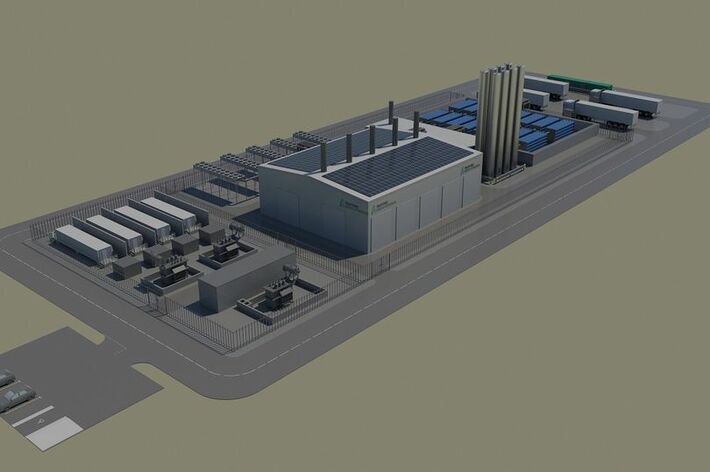News | Thursday, 10th November 2022
Bank of England Governor learns how Manchester Metropolitan is supporting economic growth
Andrew Bailey visited the University to find out more about its industry-focused research and collaborations
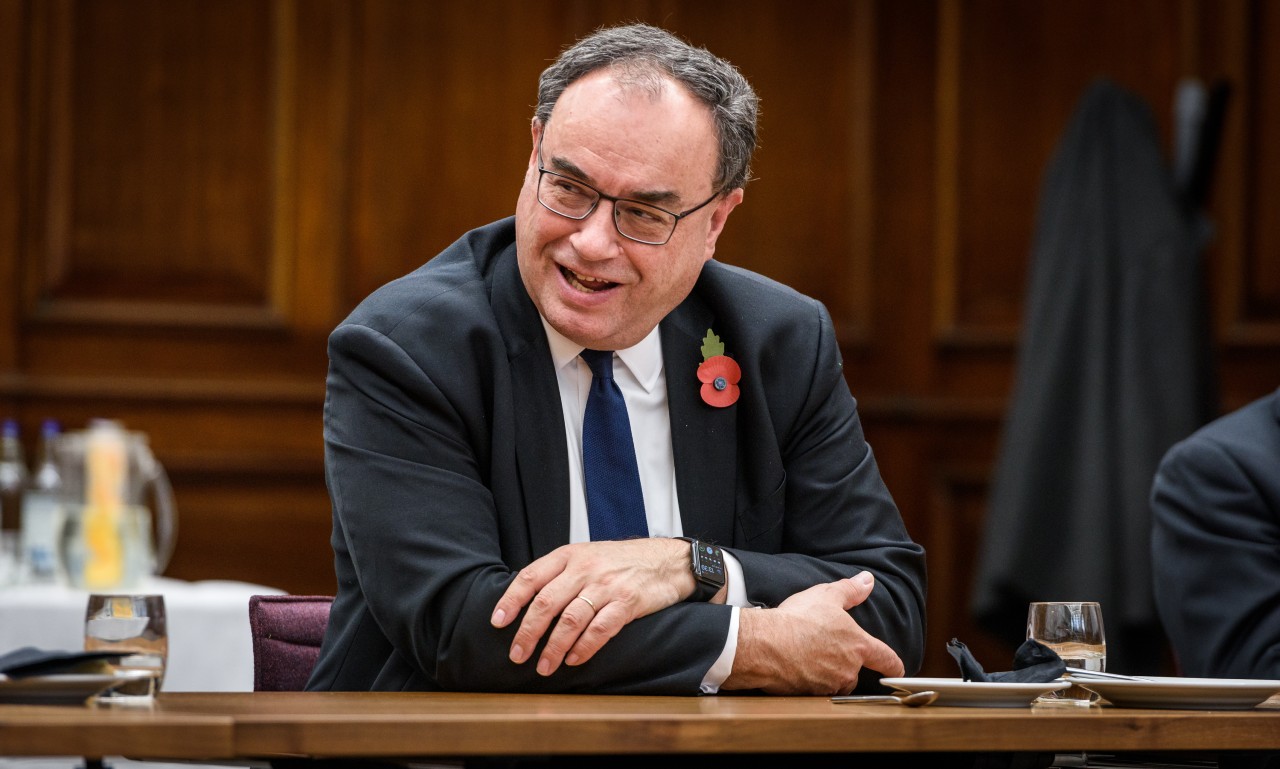
The Governor of the Bank of England has visited Manchester Metropolitan University to learn how it is boosting innovation and supporting economic growth.
Andrew Bailey met with business leaders who have benefited from Manchester Metropolitan’s cutting-edge research partnerships, before touring the University’s facilities that support solutions to big social and economic challenges.
He heard how University research and industry collaborations are helping to meet the renewable energy challenge and are helping to make the UK a leading player in the global hydrogen economy.
Andrew Bailey, Governor of the Bank of England, said “I thoroughly enjoyed my visit to Manchester Metropolitan University and am grateful to everyone who took time to share their perspectives.
“Universities across the UK play an important role in promoting economic growth and supporting innovation. This was clearly on display at Manchester Metropolitan University through their engagement with SMEs in the region, via their Knowledge Transfer Partnerships and their ground-breaking work on renewable energy initiatives.”
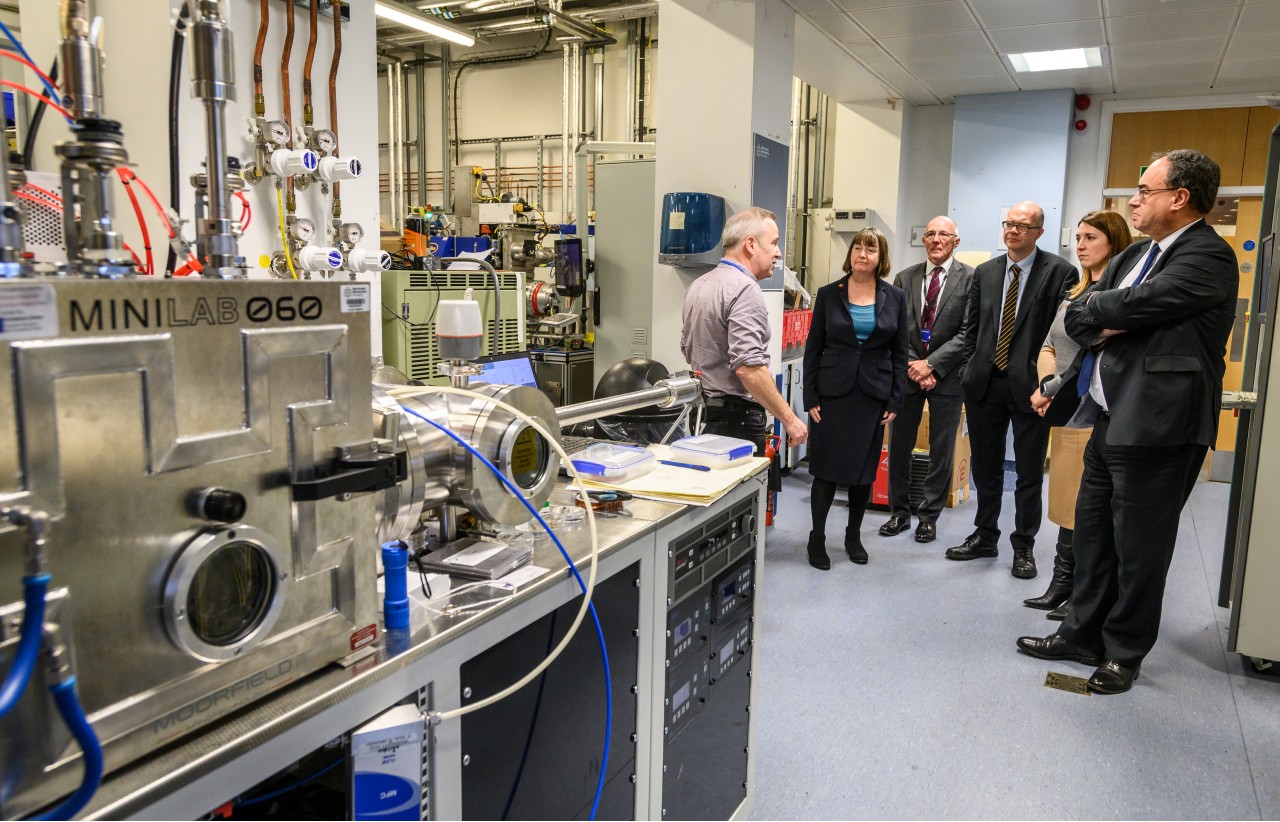
The Governor met with Professor Nick Brook, Pro-Vice Chancellor for Research, to discuss the impact of the University’s Knowledge Transfer Partnerships (KTPs) in enabling companies to utilise University research and expertise and enhance their competitiveness, productivity and performance.
He also heard about how the University is playing a key role in providing a pipeline of work-ready talent, from its award-winning degree apprenticeship programme to a curriculum shaped by industry to meet specific future skills needs.
Universities across the UK play an important role in promoting economic growth and supporting innovation. This was clearly on display at Manchester Metropolitan University through their engagement with SMEs in the region, via their Knowledge Transfer Partnerships and their ground-breaking work on renewable energy initiatives
Leaders from companies including Nuffield Health, Aquacheck Engineering, Insights Family and Dunsters Farm, met with the Governor to talk about their successful KTPs with Manchester Metropolitan, and the future challenges and opportunities facing business.
The Governor then toured Manchester Metropolitan’s facilities, including the Manchester Fuel Cell Innovation Centre, hearing from its Director Amer Gaffar on how the University’s research and collaborations can help drive growth and create jobs in green hydrogen power, as well as delivering the skills to help Greater Manchester achieve net zero by 2038.
We were delighted to welcome the Governor of the Bank of England to the University, to demonstrate how we are delivering research in partnership with business that drives innovation and boosts economic growth
After a presentation by Dr David Lambrick, Deputy Pro-Vice Chancellor for Science and Engineering, on the vision underpinning the faculty’s building project, the Governor saw the construction site, visited the redeveloped Core Facilities Laboratory, before concluding with a tour of the redeveloped learning spaces for Engineering and Computing.
Professor Nick Brook, Pro Vice-Chancellor for Research at Manchester Metropolitan University, said: “We were delighted to welcome the Governor of the Bank of England to the University, to demonstrate how we are delivering research in partnership with business that drives innovation and boosts economic growth.
“We have a proud track record in working with SMEs across the region through our Knowledge Transfer Partnerships and Degree Apprenticeships programmes, and we are committed to continue to apply our research and expertise in tackling the big social and economic challenges of our times, including supporting the skills agenda, building digital technologies, and reaching net zero.”

